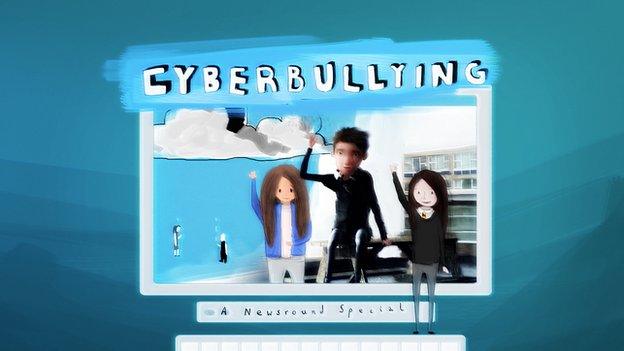Anti-Bullying Week: Why does someone become a bully?
- Published
- comments
Anti-Bullying Week: Why do some people become bullies?
I was bullied at secondary school. I used to get called names for the way I talked, the friends I made and for silly things too like my height.
Looking back at my time at school, it wasn't the easiest or happiest and I regret never doing anything about the name-calling.
But it always left a question in my mind that I could never answer.
Why does someone become a bully?
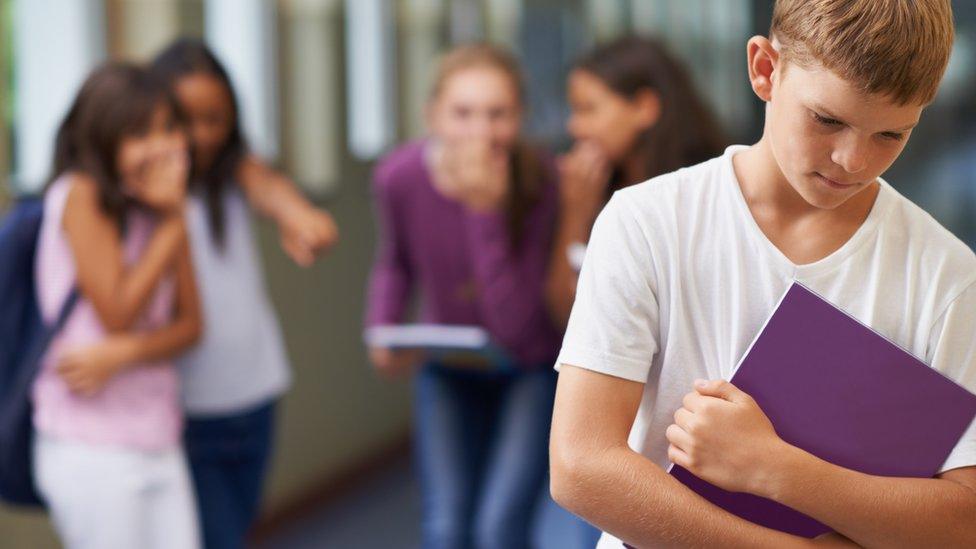
For Anti-Bullying week I finally put that question to Alison Roy, a child psychotherapist who spends a lot of time talking to young people about their feelings.
She told me: "One of the main reasons someone becomes a bully is because that person has feelings and experiences that they don't know what to do with.
"They feel they need to give those bad feelings to someone else."
Alison added: "They may have something we call 'big hurts' and they end up hurting others."
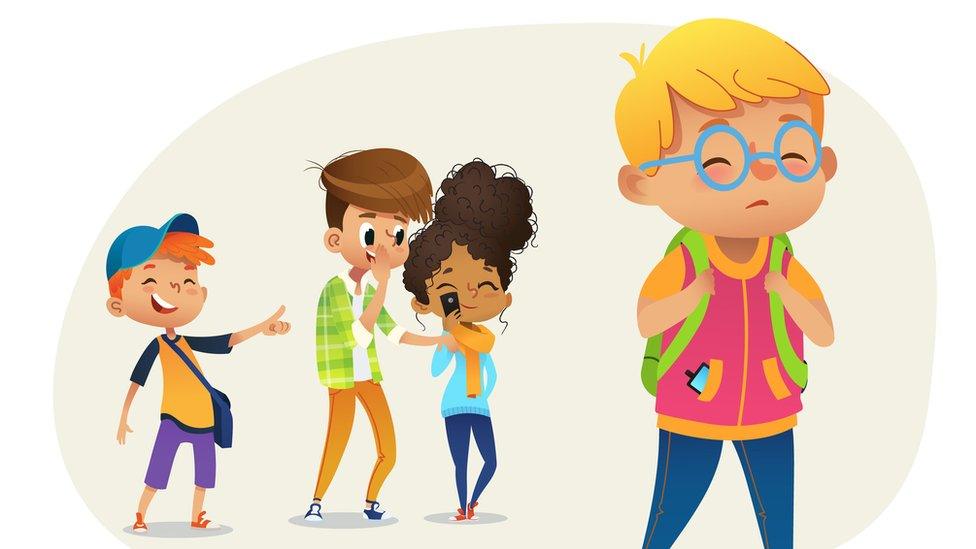
The Anti-Bullying Alliance recently found that 34% of 11-16 year-olds had been a victim of bullying, especially online
It's a difficult question to answer and it's something that Alison tries to understand in the clinics she runs with young people.
She explains: "It could be that they're in a situation where they're being controlled and they've learnt that the only way to behave is to make others feel that they're not valued.
"Bullies need our help as much as we need to help people being bullied. They don't have to go on wanting to hurt others. If you get into the habit of not dealing with your own feelings, then that's what you will carry on doing."
Hearing those words from Alison really struck me ... "bullies need our help too".
Often we talk about the victim, the person who is being picked on, but it's also important that we offer help and support to the person who is being mean, to find out why they're doing it.
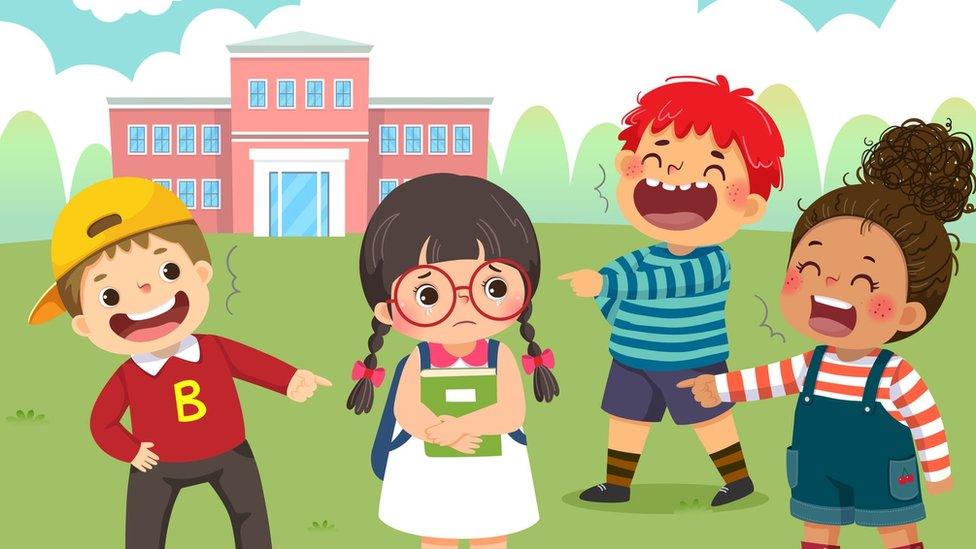
For children being bullied, lockdown meant they didn't have to face their bullies for many weeks.
Alison says all that time at home, away from school would have been a big relief for children and teenagers.
"Spending time away from a school bully would have been reassuring for lots of children."
She added: "I noticed the children that continued to go to school during lockdown were thriving in smaller classrooms because they had more opportunity to build relationships with a smaller number of students.
"Some of those students might even have been people who were bullies. Getting to know them better made for more meaningful relationships and that makes the school environment a whole lot safer."
Remember, the most important thing to do is talk to an adult, someone you can trust, if you are being bullied. Never suffer on your own and there are many ways you can get help.
If you are being bullied, or have been affected by bullying you can find advice help lines here.
Here are also the 5 things you can do right now.
You can find more help and advice on with Own It for Anti-Bullying Week and take the help with you on the Own It app.
You can also contact Childline on 0800 1111 for free at any time.
Childline is run by the NSPCC.
- Published16 November 2020
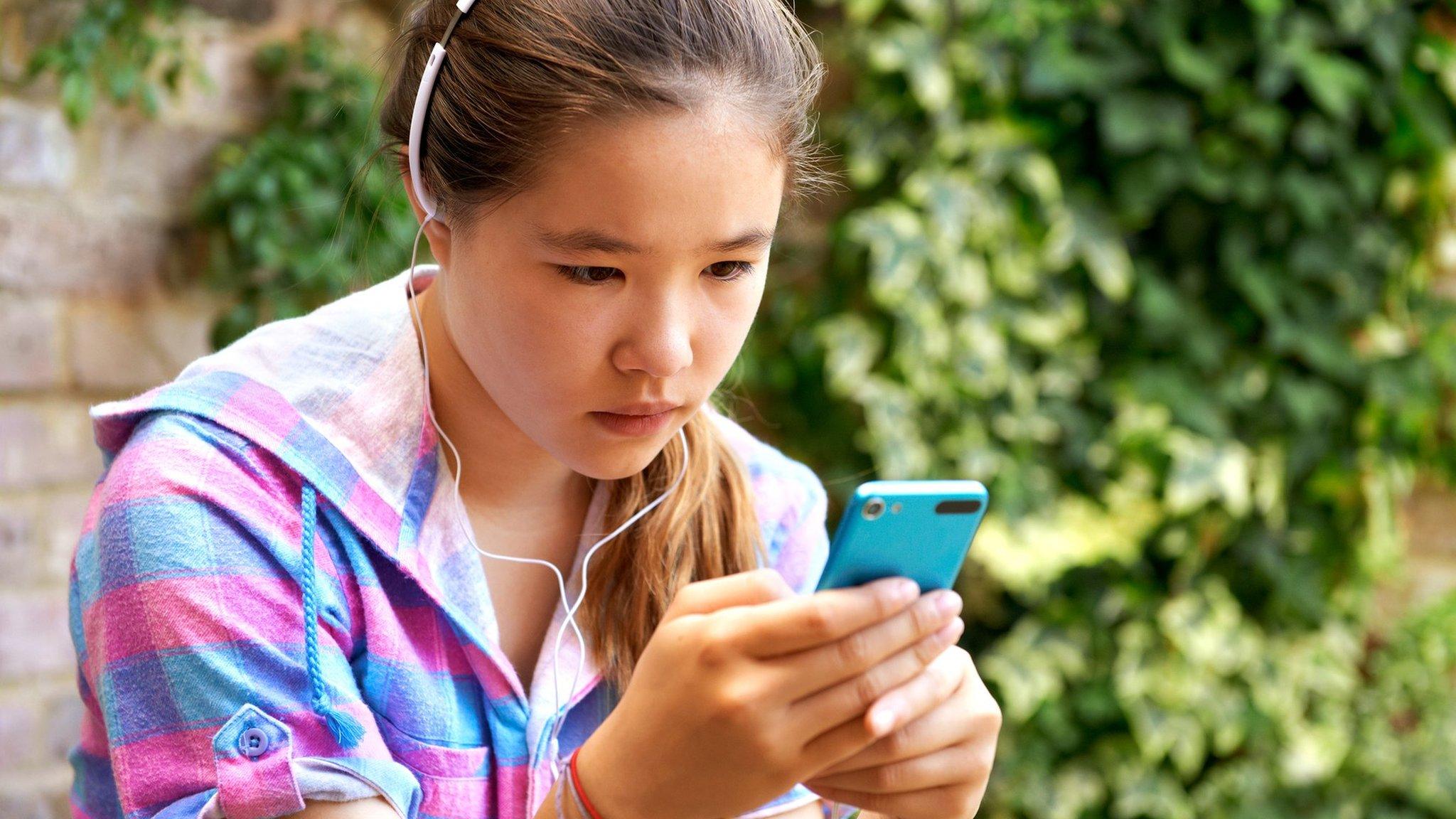
- Published28 March 2014
